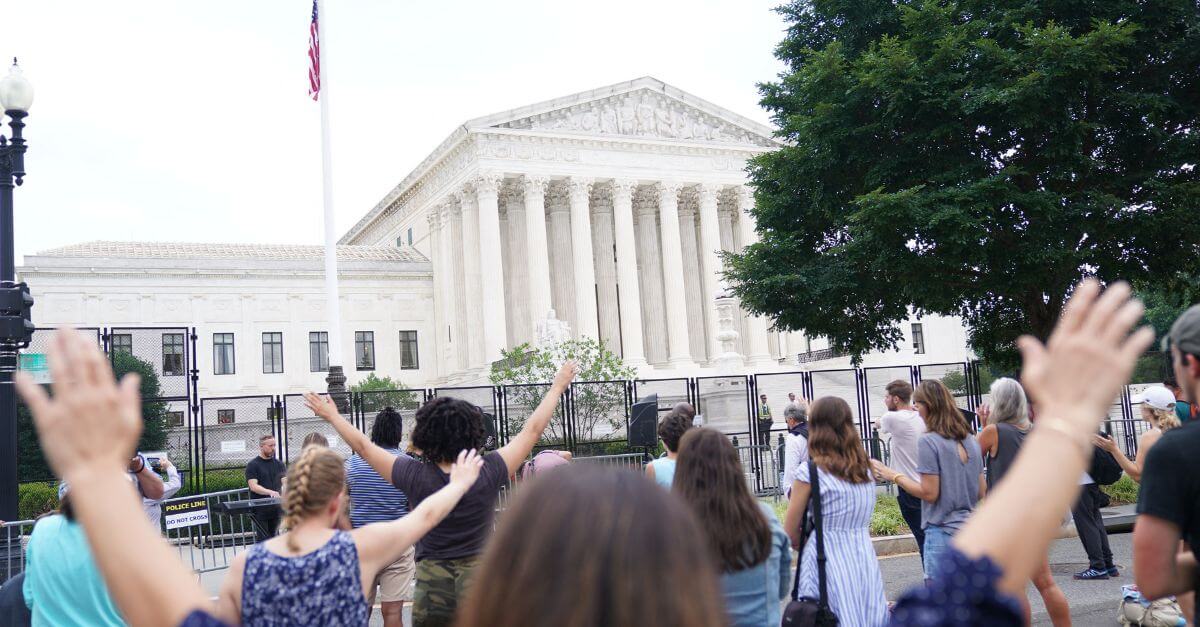Molestation Case Is Dismissed By Rabbinical Court
JERUSALEM — The rabbinical court that was to hear testimony from American-born Rabbi Matis Weinberg regarding accusations of alleged molestation of yeshiva students has dismissed the case because of a lack of witnesses to recent alleged impropriety.
Rabbi Moshe Shternbuch, head of the three-rabbi beit din, or rabbinic tribunal, told the Forward that there was only one allegation relating to the past year and that the panel would not deal with the other accusations involving incidents alleged to have occurred in the early 1980s. “They’re not going to judge now what happened 20 years ago,” he said. “If there come witnesses in the last year or two, then they’ll decide if they are going to go and call him.”
Weinberg, 56, a charismatic, Baltimore-born Torah scholar, author and lecturer, has been accused of impropriety in his relations with students in the early 1980s at a yeshiva in California and more recently at another school in Jerusalem.
Weinberg, who has denied the allegations, declined to speak to the Forward for this story.
The decision by the Israeli rabbinic court was greeted with surprise by alleged victims, a rabbi who is advising them and the head of a rabbinic panel in New York that accepted written and oral testimony last spring and referred the case to Israel.
“I’m very surprised,” said Rabbi Shmuel Kaminetsky, who headed the panel that met in New York on May 1. “Is there a statute of limitations? I didn’t know there was such a thing in Halacha,” he said, using the Hebrew word for rabbinic canon law.
Kaminetsky said that he had agreed to convene the tribunal in New York in order to keep the matter within the rabbinic legal system but that there was nothing more for him to do now. He said he had no advice for the alleged victims who testified before his tribunal.
“We thought we’d prevent it going to [civil] court, but if we can’t do it, then it’s up to them; they have to do whatever they want to do,” he said.
One alleged victim in San Diego said that he and another complainant were considering whether to take further legal steps.
The alleged victim, who had submitted written testimony to the Kaminetsky tribunal, exclaimed, “I can’t believe it,” when told of the Jerusalem panel’s decision. “My question is, why did they decline to deal with it? What’s important is that people are made aware of the situation.”
Rabbi Eliezer Eidlitz, a former rabbi at the California yeshiva who has been advising the alleged victims, said: “By no means do I feel that at this point that things have concluded. We’ll see where it goes.”














